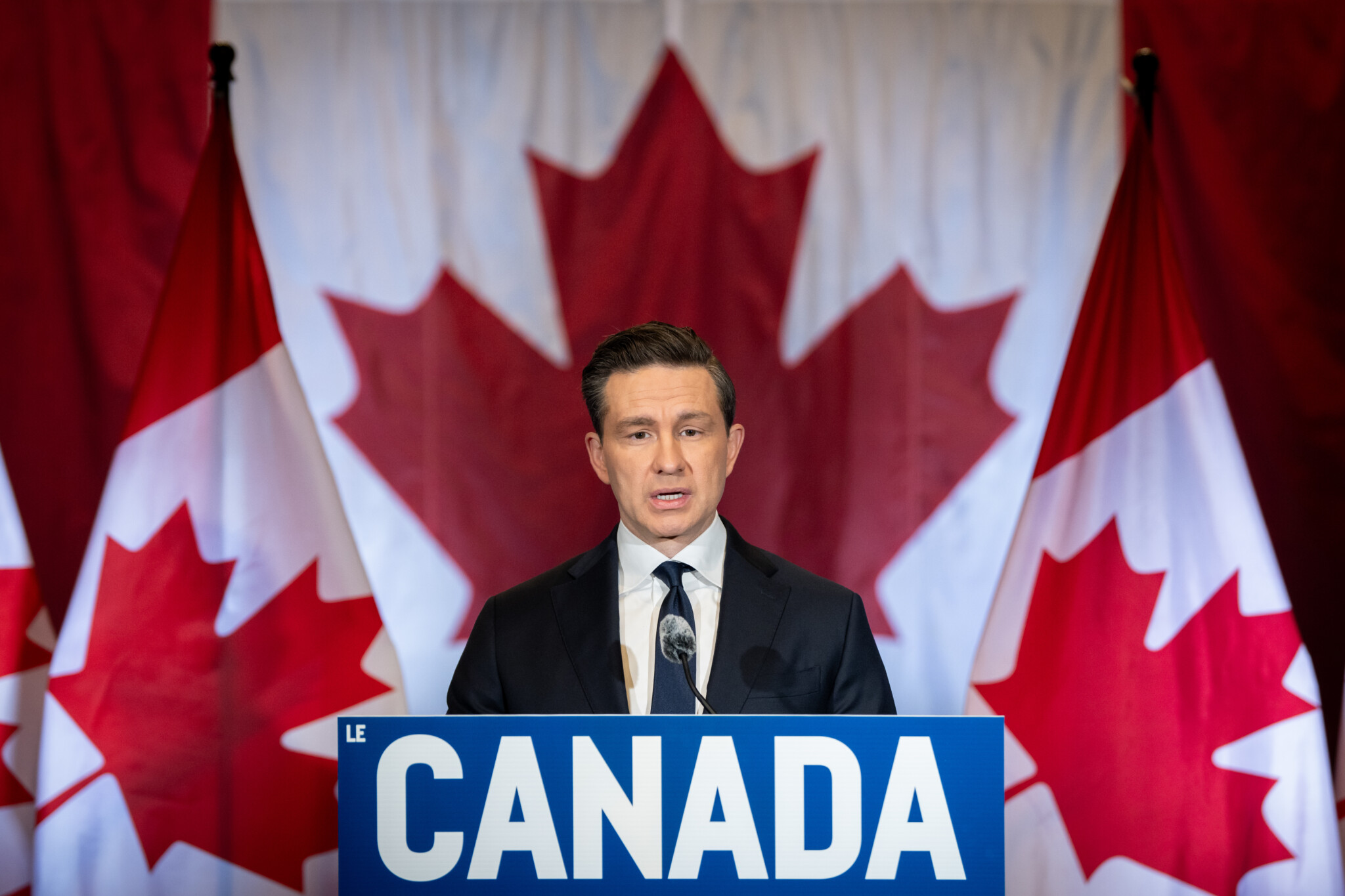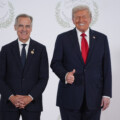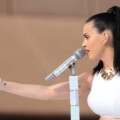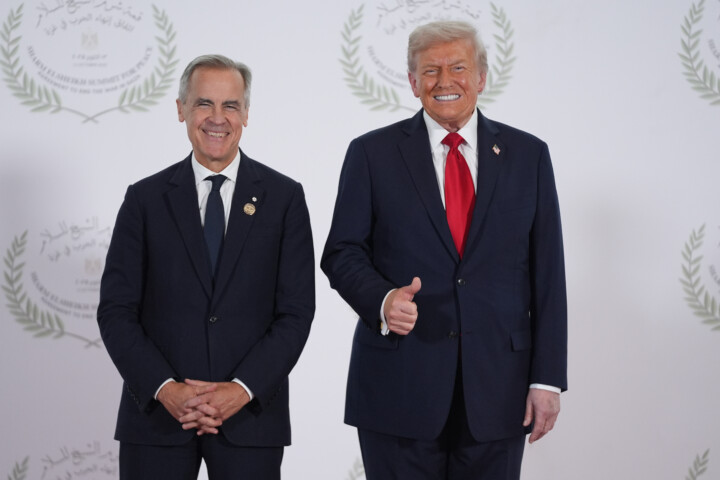In The Weekly Wrap Sean Speer, our editor-at-large, analyses for Hub subscribers the big stories shaping politics, policy, and the economy in the week that was.
Poilievre reaches the pivotal moment of his career—will he rise to the occasion?
Today Conservative Party leader Pierre Poilievre will deliver one of the most important speeches of his political career. His afternoon rally in Ottawa comes at a moment of significant political uncertainty and social angst.
Two and a half years ago, he was overwhelmingly chosen as his party’s leader and soon skyrocketed to the top of Canadian polls. His diagnosis of and prescription for the challenges facing the country resonated with millions of Canadians. He understood better than any other politician in the country the risks of inflation during the pandemic and the public’s broader concerns about affordability and the cost of living. This enabled the Conservatives to uniquely position themselves as agents of change on the principal issues animating voters.
In so doing, Poilievre broke through previous ceilings of Conservative support and brought new and different voters—including younger Canadians—into the party’s fold. Major by-election wins in Toronto and suburban Vancouver were signs of its breakneck growth. The Conservative surge has increasingly drawn attention from centre-right commentators and political parties across the Anglo-American world.
Many of us assumed that Donald Trump’s election could destabilize the political landscape and put pressure on the Conservatives—though we didn’t quite know how it would manifest itself. The notion that it would involve the U.S. president incessantly speculating about annexing Canada would have surprised even the most seasoned and cynical political observers.
Donald Trump’s provocations have reshaped Canadian politics. The first reverberation was Prime Minister Justin Trudeau’s resignation in early January. The next has been the growing anxiety and emotion among Canadians themselves. We’ve seen the elevation of Canada-U.S. relations in mere weeks become the singular issue dominating our politics.
This is having immediate implications for Poilievre and the Conservatives. The polls have tightened. An election is no longer a lock for them. They’re going to have to compete with what appears to be a seemingly reinvigorated Liberal Party.
Importantly, what it means to compete has also changed. The ballot question is no longer about affordability, or the cost of living, or even the public’s overwhelming demand for change. Today Canadians are sizing up which leader and party is best positioned to defend and protect our interests vis-à-vis the Trump administration.
It’s probably a fair critique that the Conservatives were too slow to adjust to these fast-evolving political dynamics. One gets the sense that they were almost in a temporary state of denial given it necessarily meant parting ways (at least in part) with the party’s successful message and strategy from the previous 30 months.
In the past week or so, however, Poilievre has clearly come to terms with the new political reality. He has rolled out several substantive policies on interprovincial trade barriers, border security, drug sentencing, and Arctic defence that signal that he and his team understand the new ballot question. They’ve demonstrated a willingness and capacity to compete on these revised terms.










